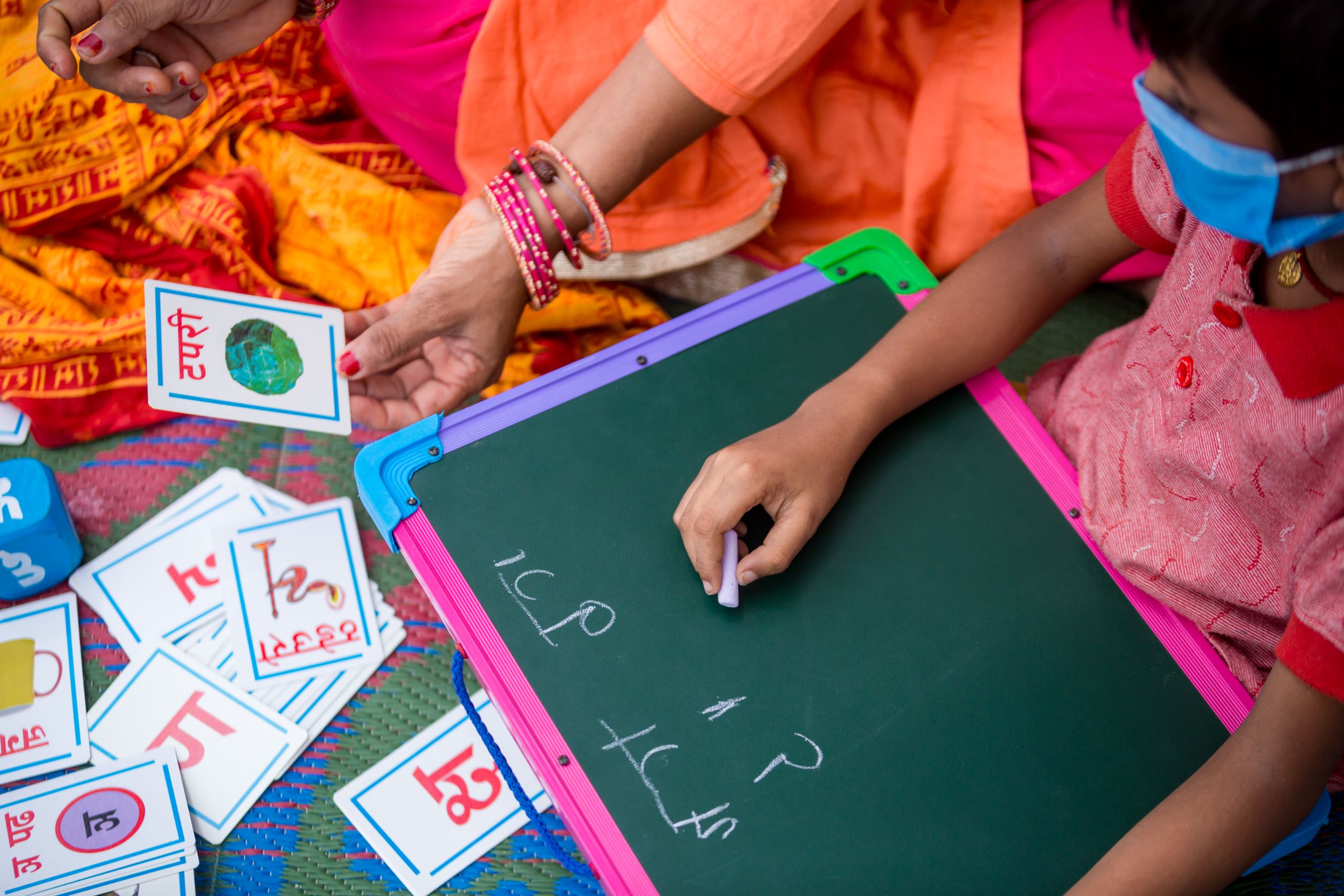The relationship between language and neo-colonialism in the aid industry
DOI :
https://doi.org/10.21153/thl2022art1661Mots-clés :
language, neo-colonialismRésumé
Based both on research and on direct field experience, this article analyses the use of language as a tool of power within the aid industry. First, it underlines the deep relation between languages and cultures (or subcultures), then it presents historic examples on how language was purposefully used by colonisers to achieve dominance and, at times, to destroy pre-existing local practices. It then discusses more recent cases of language use by dominant groups, that stem from patriarchal and post-colonial relations. Finally, it analyses some of the practices related to language within the aid industry, showing how they mirror colonial and patriarchal beliefs, and suggests possible alternatives.
Métriques
Téléchargements
Références
Batliwala, S. (2019). All about power. Crea. https://www.creaworld.org
Bourdieu, P. (1977). The economics of linguistic exchange. Theory and Methods. 16(6): 645-668
Caprio, M.E. (2009). Japanese assimilation policies in colonial Korea 1910 – 1945. University of Washington Press
Encyclopedia Britannica. (2022). Esperanto. Encyclopedia Britannica https://www.britannica.com/topic/Esperanto
Instituto Cervantes. (2022). Informacion. https://www.cervantes.es/sobre_instituto_cervantes/informacion.htm
Menon-Sen, K. (2021). Challenging Patriarchal Binaries: Infusing Feminist Politics Into Learning Spaces. Gender at work. https://genderatwork.org/portfolio-item/challenging-patriarchal-binaries-infusing-feminist-politics-into-learning-spaces/
Miranda, L. (2014). El Discurso Neocolonialista de la RAE, el Instituto Cervantes y otras Instituciones Españolas, Lima
Rahman, A. (2022). Accent and language diversity within international aid workplaces. Devpolicy. https://devpolicy.org/accent-and-language-diversity-within-international-aid-workplaces-20220309/
Real Academia Española. (2021). Informe lenguaje inclusivo. https://www.rae.es/sites/default/files/Informe_lenguaje_inclusivo.pdf
Shinomiya Burton, A. (1994). Japanese Language Planning in Korea 1905-1945, Simon Fraser University
United States Forces Korea. (2022). https://www.usfk.mil
Vasquez, G. (2008). Spanish language, cultural legacy or political-economical project? Revista Signos. Buenos Aires
Wong García, E. (2020). Para darle a la lengua (audio podcast). https://podtail.com/en/podcast/para-darle-a-la-lengua/
Woodbury, A.C. (1991). Counting Eskimo words for snow: A citizen’s guide. University of Texas at Austin







